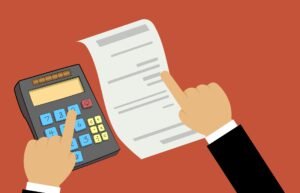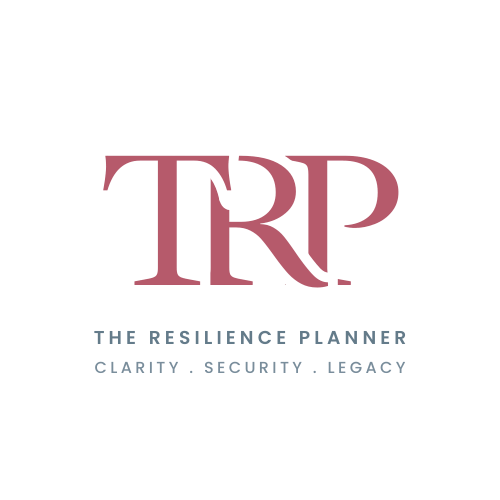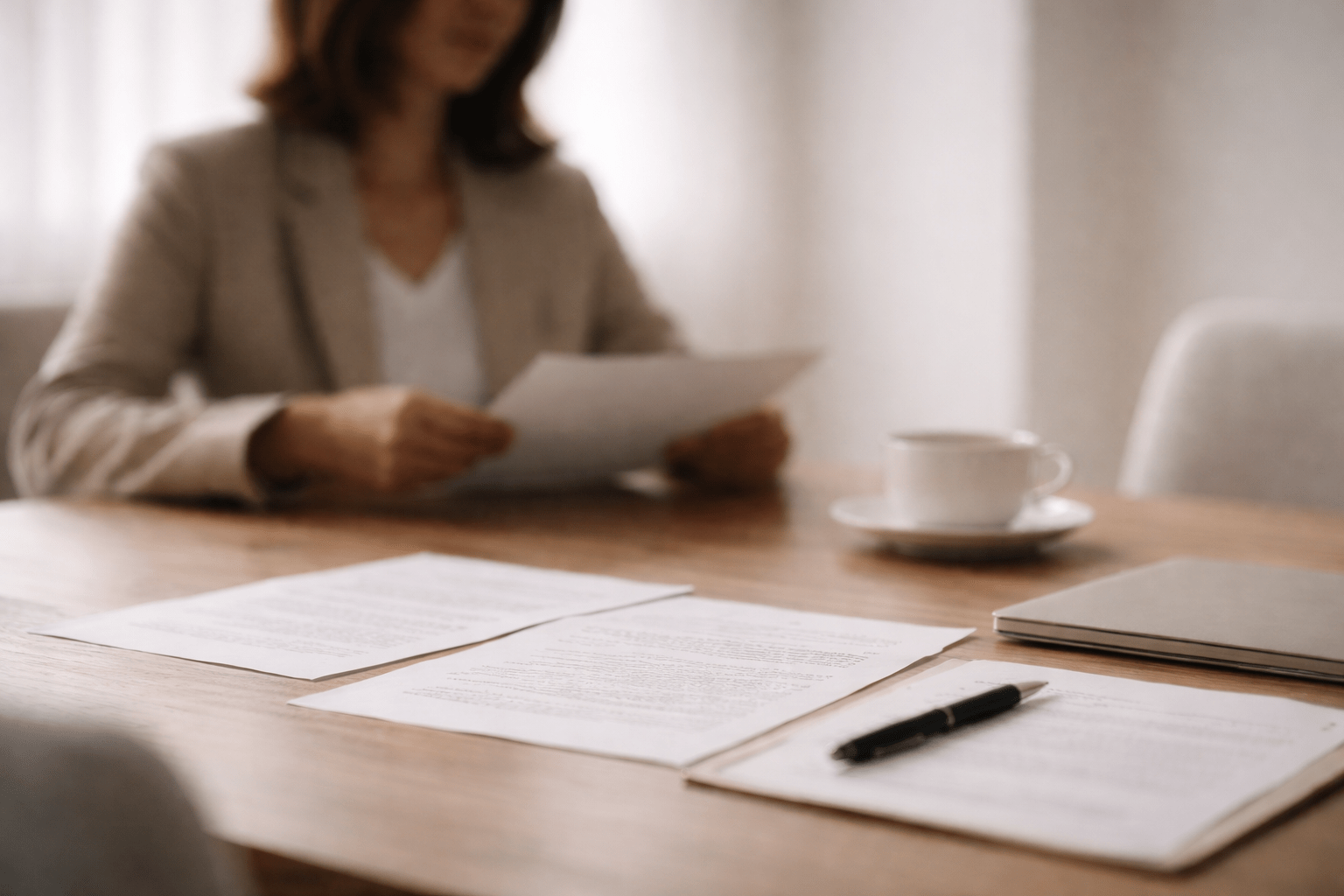10 Expenses That Will Go Up during Retirement
Let’s be realistic for a moment. When you no longer work in a full-time job, you will still need to pay the bills. Moreover, the next thing you will feel is emptiness. Most new retirees will schedule activities to keep themselves occupied. It is very likely that the first phase of retirement, you will still be physically mobile and active.
First phase in retirement (Go-go years)
- Still active and energetic
- May want to fulfil your bucket list
- Might incur high expenses, relatively to (retirement) income
As you enjoy the new-found time freedom, you’re probably checking off the items on your bucket list. After all, why shouldn’t you enjoy your fruits of labour? If this involves travelling, chances are that you will have higher expenses relative to income coming in. (Remember you’ve stopped working.) Even if you’re spending most time locally, there’s still transportation costs to pay for.
Second phase in retirement (Slow-go years)
- Getting used to new lifestyle
- Found a place of equilibrium
- Experiential focus may change
By the time you reached the second phase of retirement, you would have completed most of the items in your bucket list. You’ve reached the point of equilibrium, and your retirement lifestyle will now be more and or stabilised. You may still want to maintain activity, but the type of activity may change. For example, instead of travelling, you may now embark on exercising. You may also, a this time, take up some simple work responsibilities, just so you can occupy your time (eg babysitting / part-time job).
Third phase in retirement (No-go years)
- Mobility may become a challenge
- Activity level will slow down
- Spending could be further reduced
At this phase, even though you might not be as mobile, and instead prefer to stay at home, there are household expenses to take care of. These include utilities bills, cost of food, grocery, household maintenance etc.
During these three phases, the proportion of expenses in various categories will differ. However, the expenses are still cash outflow. And these expenses are subjected to inflation and GST changes.
Moreover, what has not been brought to this point are the healthcare and medical costs. The assumption is that you remain healthy and active. However, as we age, the chances of falling sick is pretty high. We will also be encouraged to go for more frequent medical check-ups and tests. These are all expenses. For retirees with chronic illnesses to cope with, the expenses will be even higher.

For easy reference, here’s the likely non-exhaustive list of expenses you will incur at retirement:
- Travel expenses
- Transportation
- Food & Grocery
- Household items (eg Kitchen & Toilet Essentials)
- Household utilities
- Household maintenance / repair
- IT / Technology bills (Mobile, Broadband, Cable TV etc)
- Memberships & Subscriptions (Clubs, Gyms, Netflix etc)
- Personal leisure / entertainment expenses
- Healthcare & Medical costs
- Home Loan / Rent (if applicable)

Questions to ask yourself when preparing for Retirement
- Other than your active income, do you have other sources of income? If CPF Life is your only other source, have you work out the estimated payout you can get?
- How will you be spending your time at retirement?
- Do you have a bucket list that you wish to act on at retirement?
- What is the odds of you living beyond age 75, age 85 or age 95?
- What are your options if you were to outlive your resources?
Is there anything you can do for yourself to prepare for these?
Yes. The good news is, when you start, it’s better now than never.
Want to start, but don’t know how to? Maybe I can help. Let’s get to know each other better first. WhatsApp to schedule a video call with me.
Ready to do a Financial Wellness review? I will need some information from you. Send me your request via Email.
Still not yet ready? You can also connect with me via LinkedIn, and Facebook.







